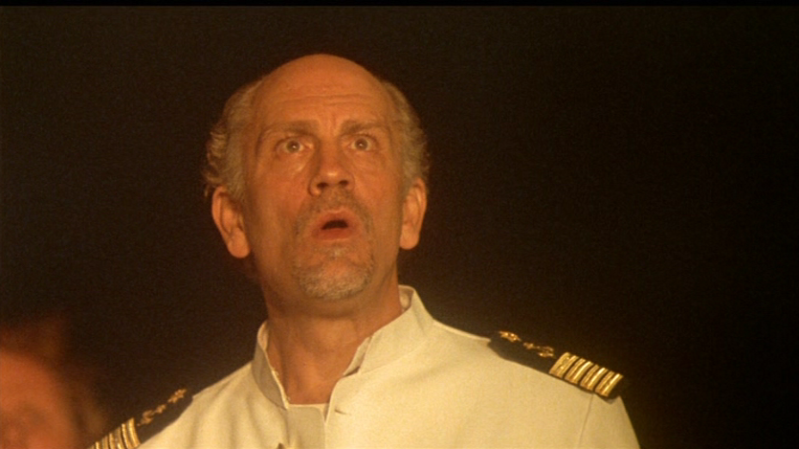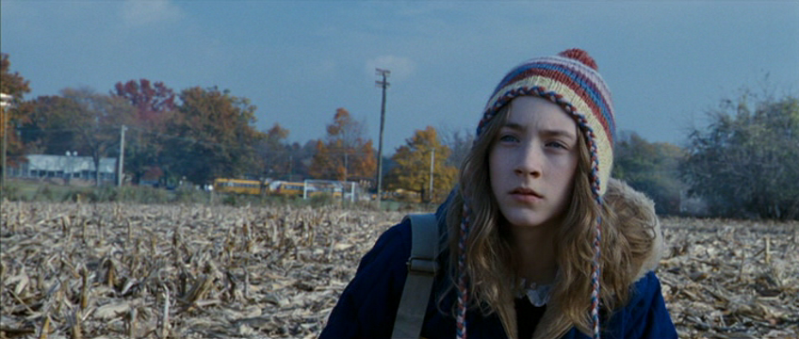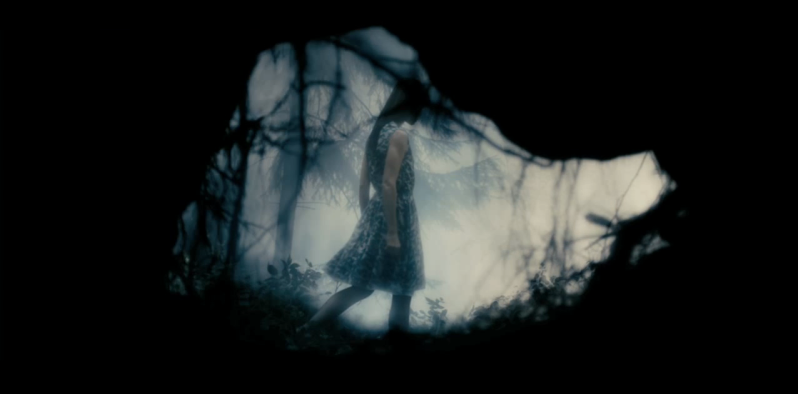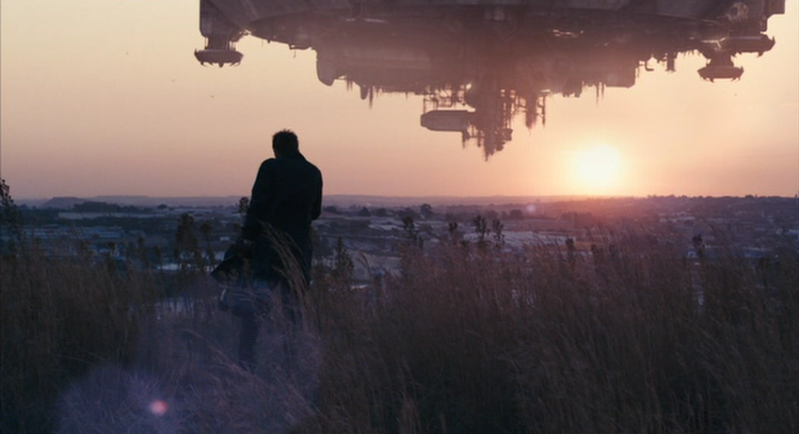Remember the TV programme The Littlest Hobo? The show that had a friendly hobo mutt that would roam from town to town and befriend pitiful social outcasts before leaving them bereft and lonely? Well, Wendy and Lucy takes the hobo dog theme to the extreme. Here we don’t have a friendly itinerant canine providing solace to the young and elderly. Here we have an ordinary doggy providing nothing but misery and heartache to its poor owner.
I’ve never been one to romanticise hobos and bums. What’s so great about roaming from place to place, scrounging pennies here and there and possibly getting burnt or bum-raped by local psychopaths (or both at the same time if you’re particularly unlucky)? It doesn’t seem like a particularly pleasant way of living to me. You end up being even less free than the sad sacks who have to clock in every day.
The reason why drifters are even less free than the rest of the population is because they’re even more of a slave to money and the brutal realities of capitalism. You want something to eat? You want your car repaired? You want to bail yourself out of jail? It all costs money and when you don’t have it you’re well and truly fucked.
All of this happens to Wendy. She’s a wanderer hoping to go to Alaska. It’s never made clear what she’s running from, but it’s hinted that she might be escaping her shitty family. But anyway, she has a car, a dog and a few hundred bucks, but she doesn’t have a home and she doesn’t have a fixed address. Basically, if her car breaks down or her money gets stolen she’s up shit creek without a paddle.
The first disaster happens pretty quickly – her car conks out. Suddenly she’s trapped in a small town with nowhere to go. And then as she roots about in her car, she realises that she’s running out of dog food. Now for most people, this wouldn’t be too much of a problem. They’d just go to the supermarket and buy some more. But even though the girl has money, it all seems to be budgeted elsewhere – maybe for gas and other things. And so she decides to shoplift some dog food. This turns out to be a colossal mistake as she gets arrested, and then when she finally manages to get released, her dog is gone.
Wendy and Lucy isn’t a particularly subtle film, but it is effective. It paints a depressing portrait of a nation with no social safety net. In a country of unparalleled wealth, the poor and the downtrodden are still thrown to the wolves. After all, America may claim to be a Christian nation but there’s still great resistance towards state funded charity. The individual is encouraged to give generously, and Americans generally do, but the state is told to keep out of it.
An example of the American attitude towards charity occurs in a scene where a security guard at Walgreens gives Wendy some money. He makes a big deal out of the fact that he’s giving her some cash. In light of this, you think that maybe he’s going to give her a few hundred – she needs quite a lot of money to pay for her car to be repaired. But instead it’s just a couple of bucks. But the point is is that this is how charity works in America. People have to depend on random hand-outs. They can’t depend on the state. And for some reason this is the way that Americans like it. They like a system where people can easily fall through the cracks; where people continually teeter on the edge of the precipice. Oblivion is only a few steps away. First you lose your job and then you can’t pay the rent because you can’t get unemployment (or unemployment pays too little) and then, if you don’t have family to count on, you’re on the street. It’s a harsh system. And while no one likes spongers, a bit of benefits abuse is surely better than just throwing people to the wolves? Isn’t it?
Most of Wendy and Lucy revolves around Wendy looking for her dog. She walks around town and she goes to the local animal shelter. But as it turns out, the dog was taken home by a good Samaritan. The end of the film sees Wendy finding Lucy in the back of an old man’s yard. She’s ready to take the dog back, the one ray of light in her dismal world, but then she realises that this person can offer the dog the one thing she can’t – security. And so Wendy leaves the dog behind. It seems that in modern American you can’t afford emotional connections if you’re poor. They’ll only cost you more money and more heartache. Detachment and grim determination are key to survival.
The final shot kind of reminds me of Five Easy Pieces. In that film Jack Nicholson leaves his girlfriend behind and hitches a ride in a truck that’s heading for Alaska. He has nothing on him and no chance of a decent future. There’s an intangible fear he’s continually running from. And Wendy and Lucy also sees the protagonist left on her own as they journey towards the wilderness. Wendy may have hopes that she’ll finally find something worth settling down for, and that she’ll eventually have the means to forge a future, but she’s dancing on the edge of oblivion – the system is just waiting to crush her.





